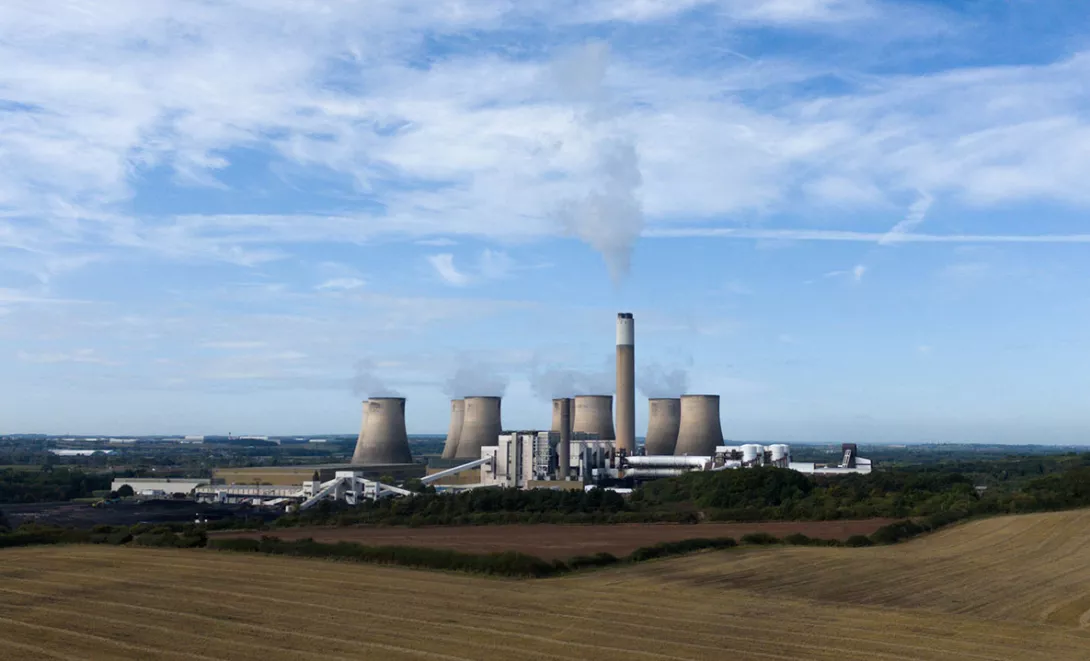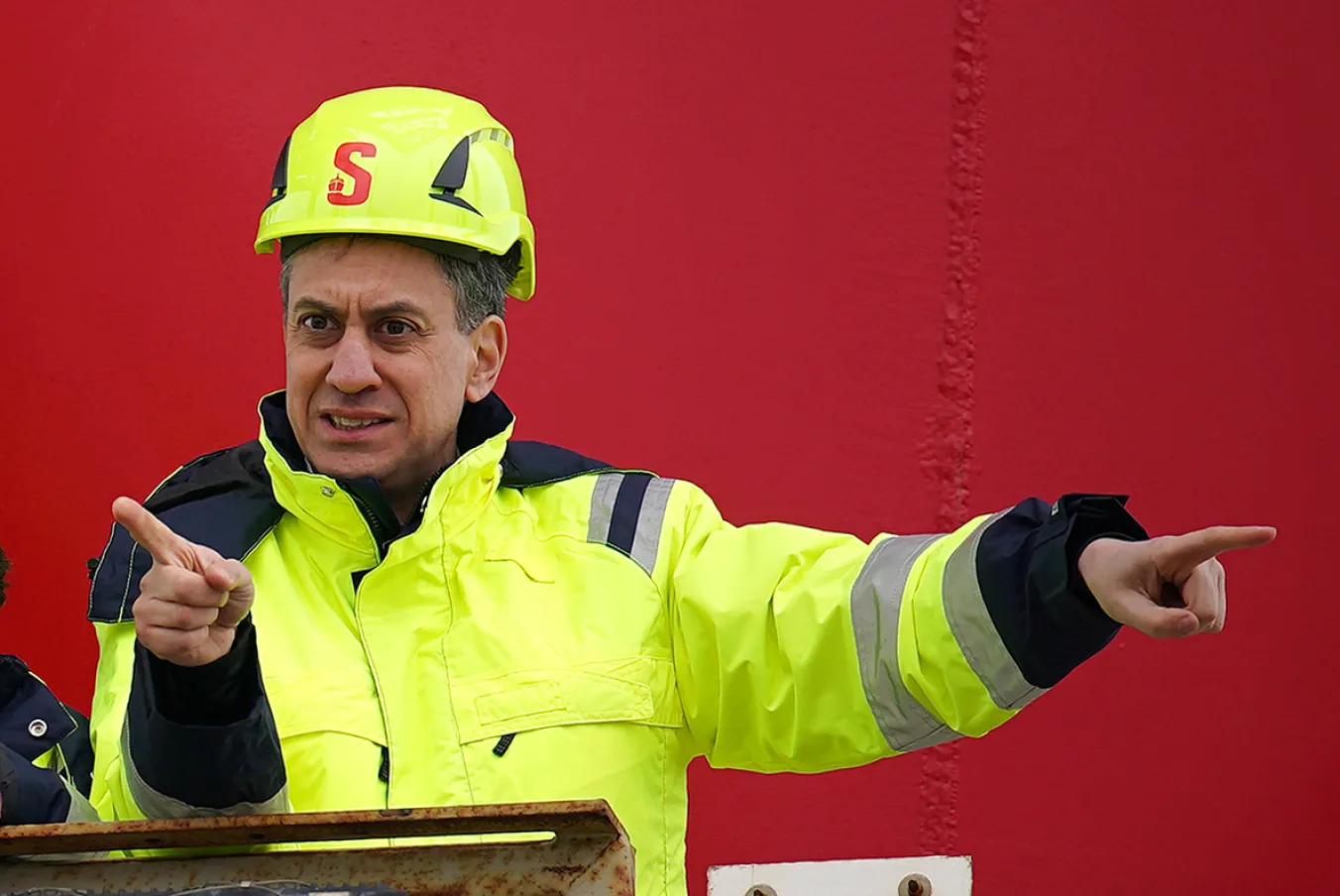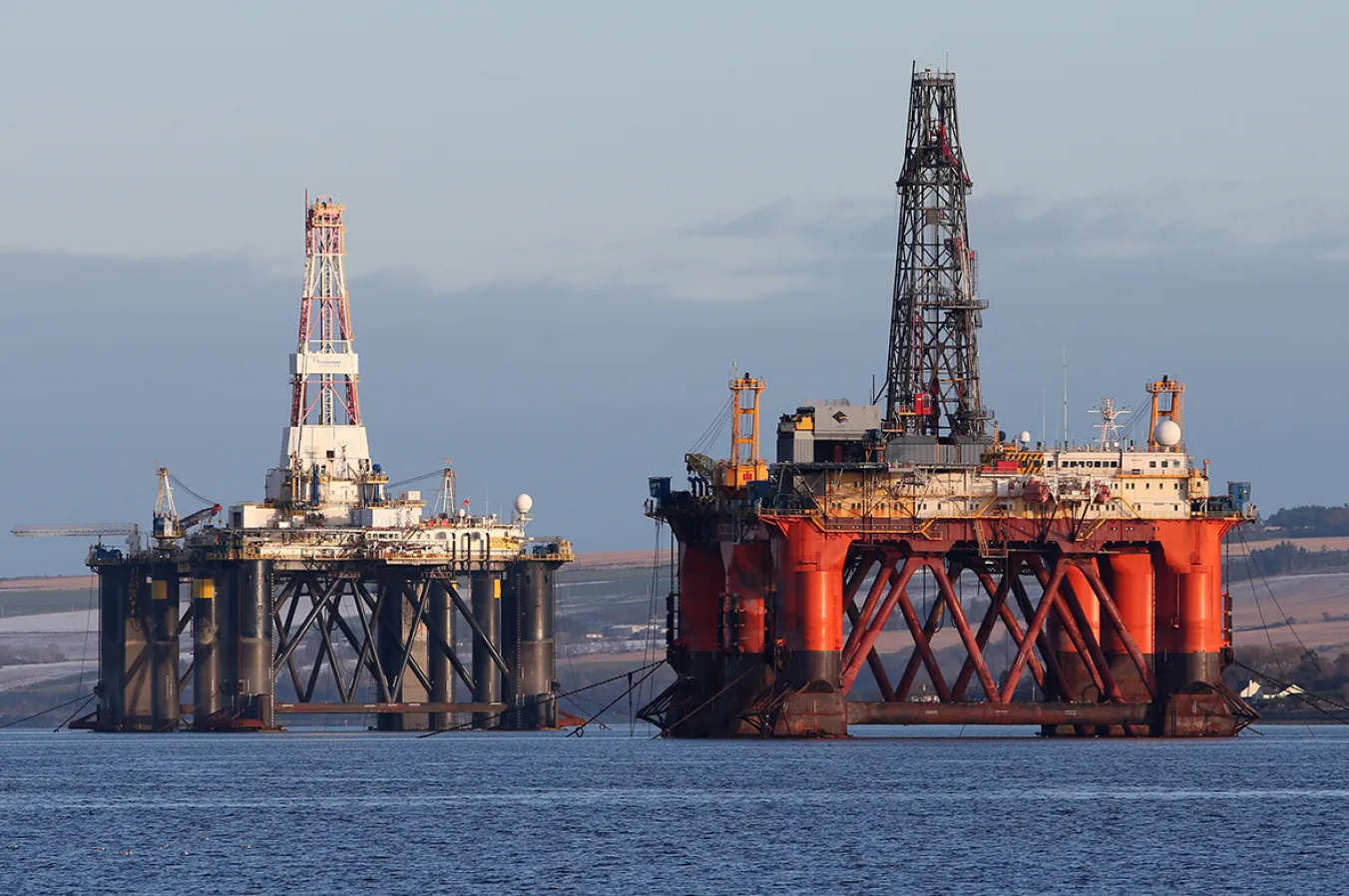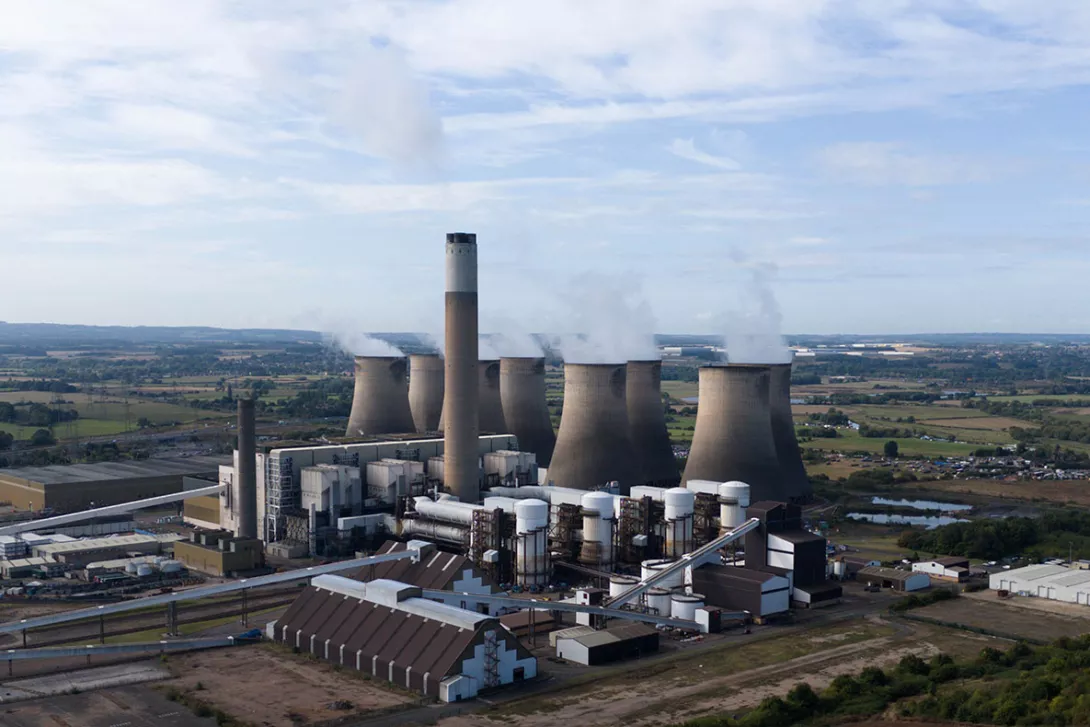Britain’s last coal-fired power station shuts down

AN INDUSTRIAL era ended today when Britain’s last coal-fired power station shut down.
The closure of Ratcliffe-on-Soar power station in the East Midlands was the final act in this country’s abandonment of a fuel which once generated more than 95 per cent of our electricity.
The last deep coal mine, Kellingley colliery in Yorkshire, closed in December 2015. Since then, the remaining coal-fired power stations have burned imported coal and coal from opencast quarries in Britain.
More from this author
Similar stories

But Unite warns that Labour has ‘missed a golden opportunity to bring the national grid under public ownership’

The government’s reliance on unproven and short-termist technology won’t deliver answers to today’s energy crisis, warns MARK MASLIN

North Sea oil and gas licences may be ruled unlawful after High Court bans new coalmine











